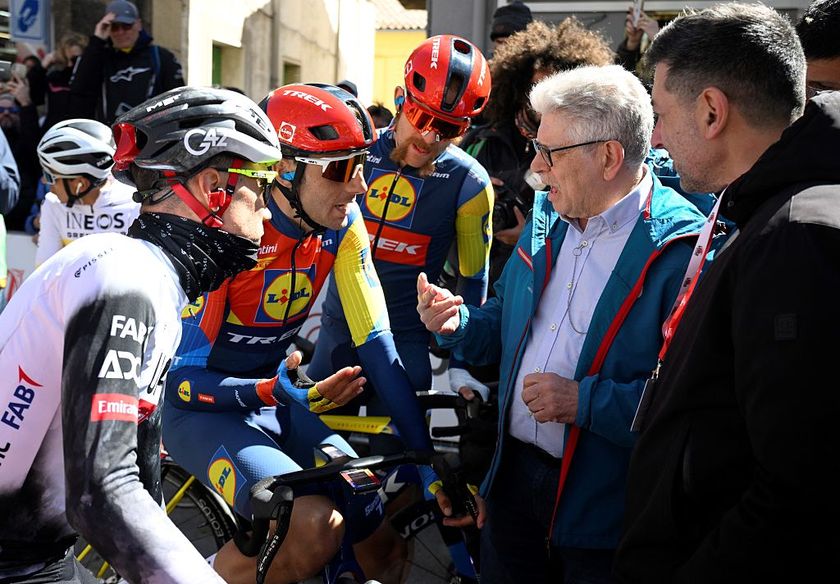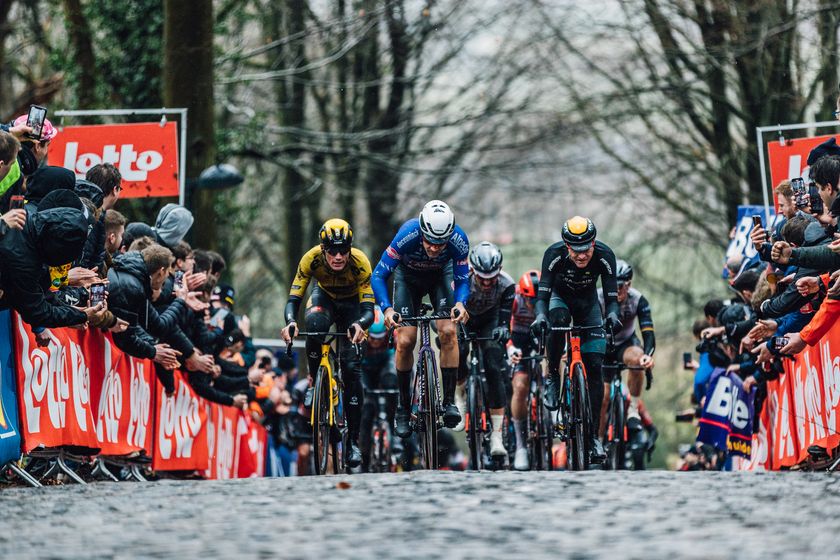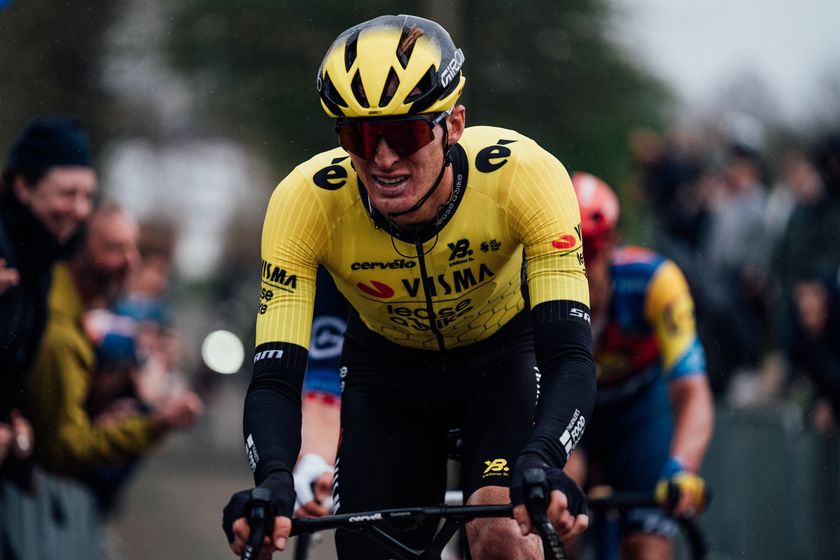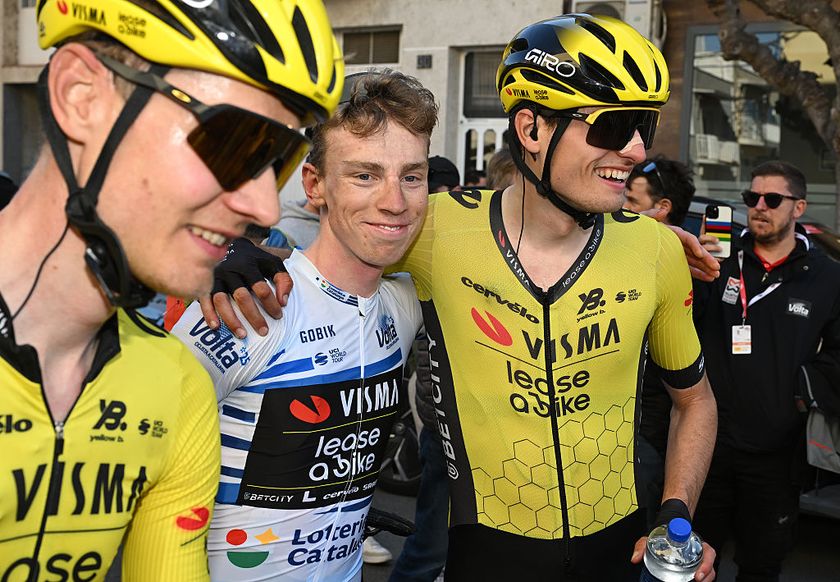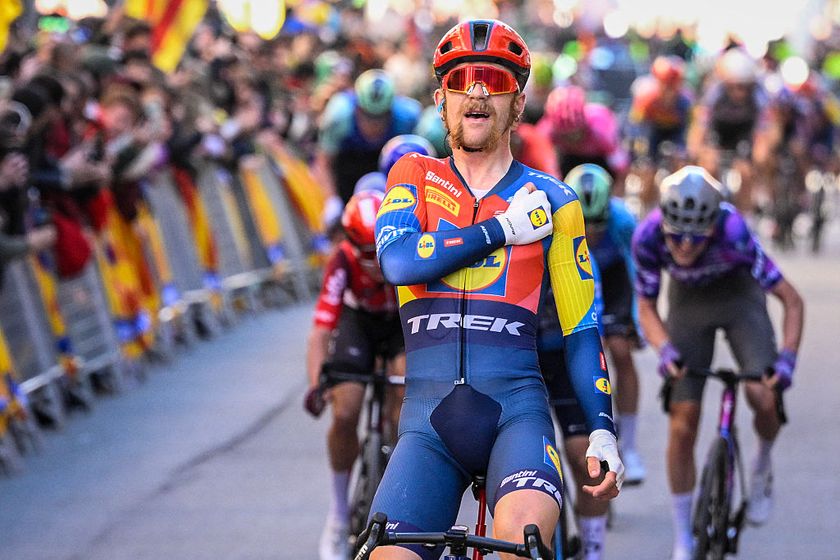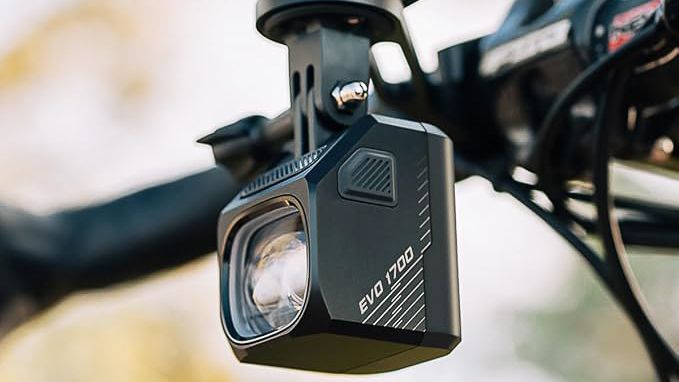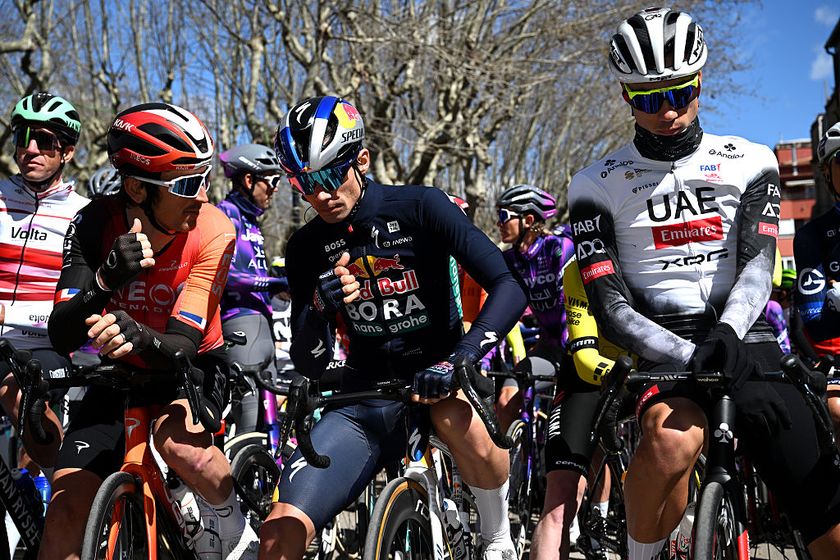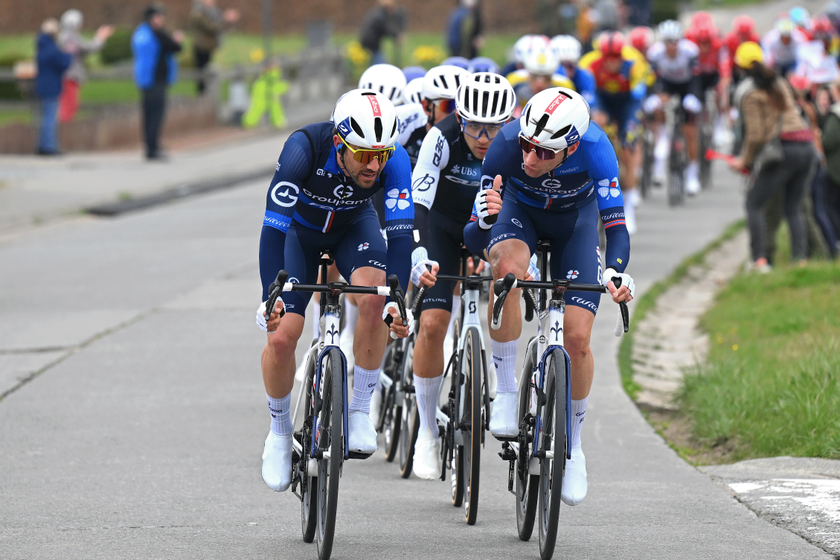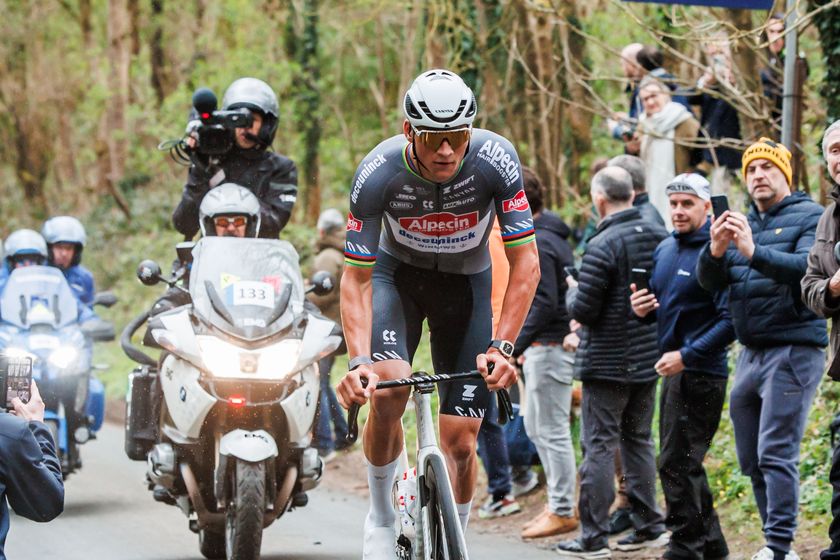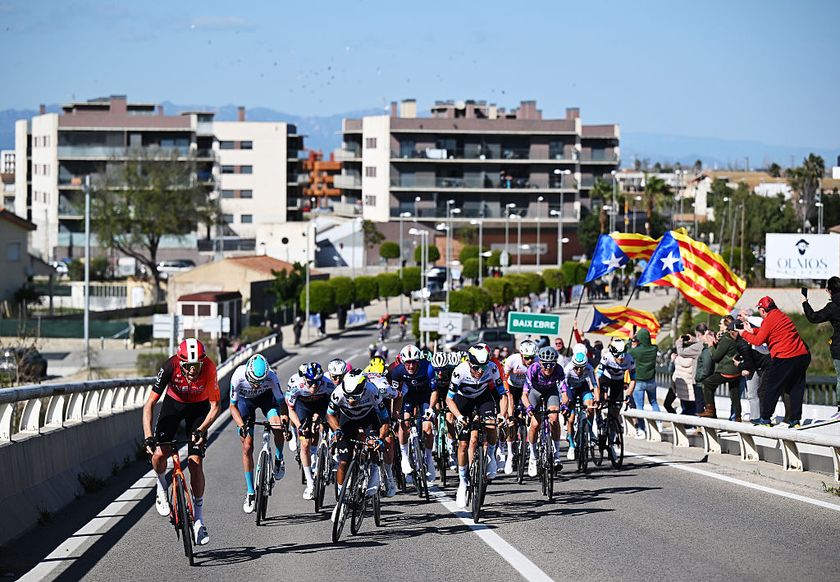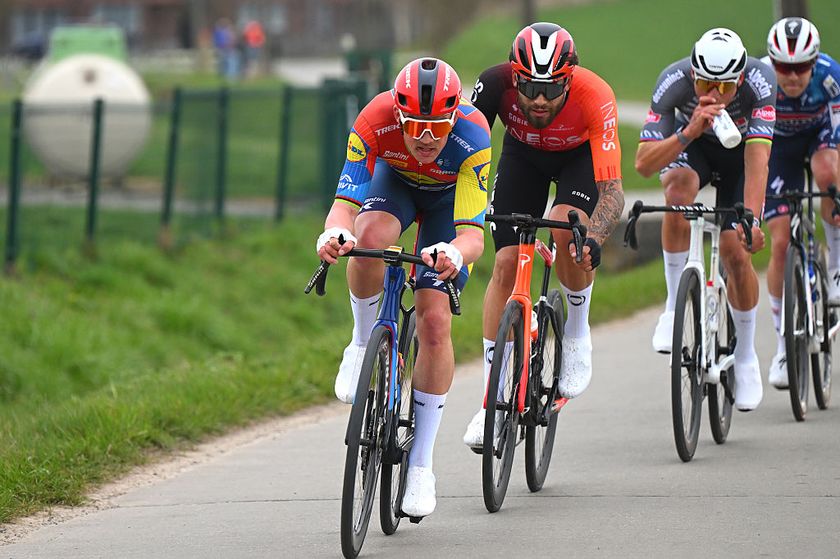Changing the South American way
Conditions not ideal but UCI commissaire predicts improvements for 2016
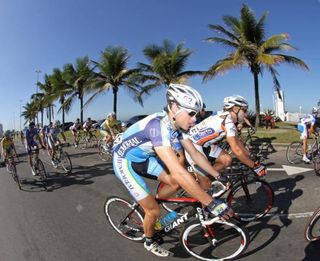
The UCI Chief Commissaire at the Tour do Rio, Adrian Levesque, says that difficulties experienced during the opening stage of the 2.2 race are just "part of racing in South America" but the time will come with the 2016 Olympics in Rio de Janiero on the horizon when aspects of race organisation need to change.
Stage 1 from Rio de Janiero to Angra dos Reis on Wednesday was plagued by roads in poor condition and several security concerns at the back of the Tour caravan. The run into the finish in Angra dos Reis was marred by a speed bump 100 metres from the line, which second place-getter Rafael Andriato (Petroli Firenze) blamed for him not topping the stage.
Levesque suggested that the obstacle "was an issue which may have been overlooked on the organiser’s behalf but we can assure that won’t be the case on any other day."
The road taken by race organisers was one of three out of Rio de Janiero and yet, despite the issues, was the best option for the Tour do Rio to make use of on its parcours.
"We talked with a lot of the riders from Europe and North America about the conditions of the road and what to expect, once again it comes back to we won’t see that elsewhere but in South America it’s commonplace," Levesque explained to Cyclingnews. "You work with them, you can’t go out and tell them, you’re wrong, we have to work with them and try to make it better and it’s a long process."
Many riders, particularly those from overseas commented on the state of the roads following the first stage. Tyler Wren from US team Jamis Sutter Home was more diplomatic than most.
"I’ve raced in South America before so I know it’s always dangerous but we race criteriums in the US at night time with lots of turns so I’m used to being heads up for the whole race but it’s just a matter of being heads up for a four hour race and being concentrated all the time," he told Cyclingnews. "It’s easy to lose your concentration."
Get The Leadout Newsletter
The latest race content, interviews, features, reviews and expert buying guides, direct to your inbox!
Home team fails to make time cut
Also of concern was the entire squad from host team Selecao do Rio de Janeiro, failed to make an already "generous" time cut of 15 per cent. All but one of the riders were dropped of their own accord, unable to keep pace with the rest of the bunch.
"It was very regretful but for the integrity of the race and the sporting aspect of it, we need riders of that calibre to be able to race," explained Levesque. "That’s for the safety of all riders as well, if you’re not used to riding in an international peloton perhaps we want to give experience but some riders invariably have to get cut."
Some of the struggling teams will be pleased to know that, as a result of the course and not due to what happened on Stage 1, the time cut will be extended to 20 per cent.
"We looked heavily at the fact that we were cutting the host team and we talked with them beforehand and we just felt that for the race itself if they got dropped yesterday, they would have been dropped today as well so at some point we have to draw the line," Levesque said.
Stage 2 fared much better, with the roads of a far higher standard, despite numerous rough patches dotted with pot holes and a larger than usual amount of speed bumps on the race route.
A year out from the London Olympics, the focus on Rio de Janiero and its ability to host world class sporting events is only going to increase, with the International Olympic Committee already raising concerns over the city’s readiness to host the Games. The Tour do Rio, while in 2011 is a selection event for London, is likely to become a test event in the lead up to 2016.
"At some point someone’s going to put their foot down and say, no, you can’t do it that way," Levesque predicted. "We [the UCI] come in here with the best of intentions and the organiser has the best of intentions as well and we’re really looking out for rider safety on the course but in the end we have to rely a lot on the organiser and how they set these things up."
Levesque, while accepting the challenges he was facing in his first race in South America, praised the work of the commissaires from the Brazilian Federation.
"They’re young and more dynamic than a lot of the old school ones from South America, and they see the need for change as well," he said. "I just don’t think that it’s going to happen overnight. With the Olympics coming up there will have to be some major changes but all in all they’re on the right track."
As a sports journalist and producer since 1997, Jane has covered Olympic and Commonwealth Games, rugby league, motorsport, cricket, surfing, triathlon, rugby union, and golf for print, radio, television and online. However her enduring passion has been cycling.
Jane is a former Australian Editor of Cyclingnews from 2011 to 2013 and continues to freelance within the cycling industry.
